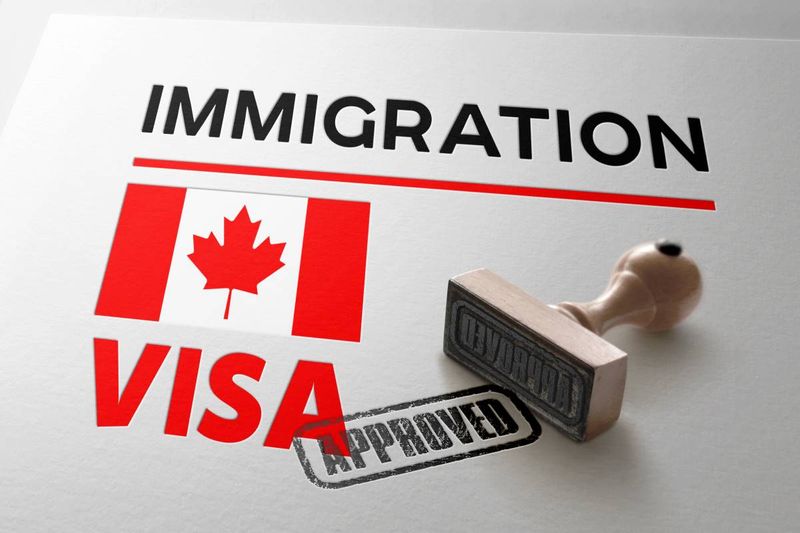If you’re thinking about migrating to Canada, I have 5 tips that might help make the process a little bit easier and less daunting!
Tips For Migration
There are a few things you can do to make the process of migrating to Canada a lot easier. Here are some tips:
1. Get help from a professional immigration consultant. They can help you with the paperwork and process, and answer any questions you have.
2. Make sure you have all the required documents, including your passport, birth certificate, and any other relevant paperwork.
3. Be prepared for a bit of culture shock. Canada is a different country than most, so expect things to be different. Learn about Canadian culture before you go, and be open to new experiences.
4. Have realistic expectations. Migrating to another country is a big change, and it can take time to adjust. Give yourself some time to settle in and get used to your new surroundings before making any major decisions.
Moving to Canada
1. Do your research
Before you make the big move to Canada, it’s important to do your research and be prepared for what lies ahead. This means understanding the process of migrating to Canada, knowing what documents you need, and being aware of any potential obstacles.
2. Get help from a professional
There are many professional organizations that can help you with the process of migrating to Canada. These organizations can provide you with information and support, and connect you with resources that can make your transition smoother.
3. Make a plan
Making a plan is key when it comes to migrating to Canada. You need to know where you’re going to live, how you’re going to support yourself, and what steps you need to take in order to make your transition successful. Having a plan will help reduce stress and make the process less overwhelming.
4. Be patient
The process of migrating to Canada can take some time, so it’s important to be patient. There may be setbacks along the way, but if you stay positive and keep moving forward, eventually you will reach your goal of becoming a permanent resident of Canada.
Living in Canada
If you’re thinking of making the move to Canada, there are a few things you should know. Here are some tips to help make migrating to Canada a lot easier:
1. Living in Canada
The cost of living in Canada is relatively high, but this varies depending on the city you live in. In general, larger cities tend to be more expensive than smaller ones. Make sure you do your research and budget accordingly.
2. Finding a job
The job market in Canada is very competitive, so it’s important to start your job search as soon as possible. Consider using a recruitment agency to help you find work. Make sure your resume and cover letter are up-to-date and tailored to the Canadian market.
3. Getting a work visa
If you’re not a Canadian citizen or permanent resident, you’ll need a work visa to be able to work in Canada. The process can take several months, so make sure you start the application process well in advance of your planned move.
The Canadian Language
The Canadian Language, also known as Canadian English, is the set of varieties of the English language native to Canada. According to the 2011 census, Canadian English is the first language of more than 19 million Canadians, or 58% of the population.
There are six main regional accents of Canadian English: Western Canadian English, Central Canadian English, Eastern Canadian English, Atlantic Canadian English, NorthernCanadian English, and Southern Ontario English. Each has its own unique characteristics and features.
Western Canadian English is spoken in Alberta, Saskatchewan, and Manitoba. It is characterized by a number of features including the use of h-dropping (e.g., “house” becomes “ouse”), the use of monophthongs instead of diphthongs (e.g., “boat” becomes “bote”), and a distinctive vowel shift (e.g., “bag” becomes “beg”).
Central Canadian English is spoken in Ontario and Quebec. It is characterized by a number of features including the use of h-dropping (e.g., “house” becomes “ouse”), the use of monophthongs instead of diphthongs (e.g., “boat” becomes “bote”), and a distinctive vowel shift (e.g., “bag” becomes “beg”).




